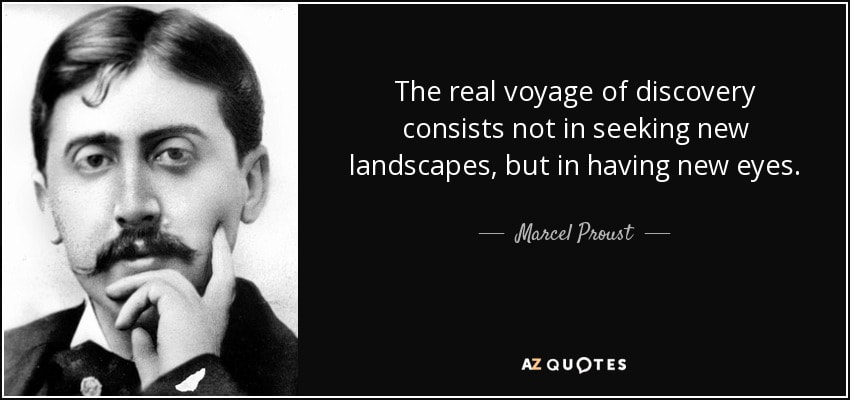Still a lot to learn...
We know remarkably little about the host immune response in livestock species, but what we do know if intriguing.
We cant just 'copy and paste' from human and mice studies, although these studies provide a very useful framework within which we can investigate species-specific differences.
Livestock have evolved in very specific niches, and also have been subjected to diverse natural and artificial selection practices. As a result, some divergent adaptations of their immune response have developed. Understanding these adaptations are key to improved diagnosis and treatment of diseases in non-human animals. These evolutionary adaptations also hold significant promise in terms of treating diseases in humans.
The host immune response determines susceptibility to all diseases. If a host is immunocompromised, the dialogue between the host and all micro-organisims (including commensals) will change. As a result, new opportunities for putative pathogens emerge, and immune-pathologies (including chronic inflammation) can result. Even for vaccines to work well, the host needs a functional immune system. The host immune status will influence results from ALL research models, and therefore must be accounted for.
Despite our collective efforts in animal nutrition and physiology, we still do not know if we are meeting the needs of livestock for optimal immunity. After all, how do you define health? It is more than an absence of disease.
This requires a paradigm shift in our thinking and opens up many really interesting questions. Come join us on the journey of discovery.
We cant just 'copy and paste' from human and mice studies, although these studies provide a very useful framework within which we can investigate species-specific differences.
Livestock have evolved in very specific niches, and also have been subjected to diverse natural and artificial selection practices. As a result, some divergent adaptations of their immune response have developed. Understanding these adaptations are key to improved diagnosis and treatment of diseases in non-human animals. These evolutionary adaptations also hold significant promise in terms of treating diseases in humans.
The host immune response determines susceptibility to all diseases. If a host is immunocompromised, the dialogue between the host and all micro-organisims (including commensals) will change. As a result, new opportunities for putative pathogens emerge, and immune-pathologies (including chronic inflammation) can result. Even for vaccines to work well, the host needs a functional immune system. The host immune status will influence results from ALL research models, and therefore must be accounted for.
Despite our collective efforts in animal nutrition and physiology, we still do not know if we are meeting the needs of livestock for optimal immunity. After all, how do you define health? It is more than an absence of disease.
This requires a paradigm shift in our thinking and opens up many really interesting questions. Come join us on the journey of discovery.
Site powered by Weebly. Managed by Letshost.ie
